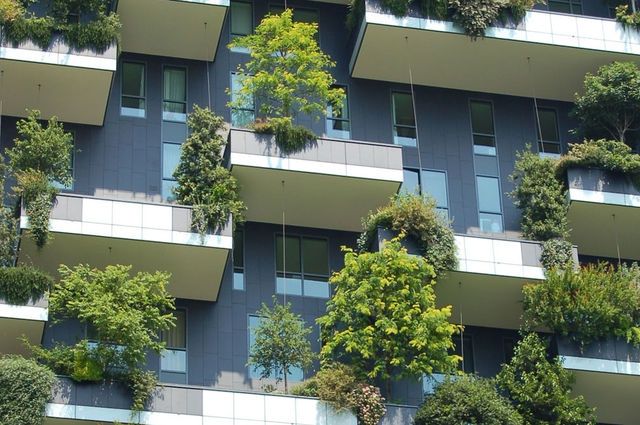Climate Emergency And The Hospitality Industry: Are We On Track?
14 experts shared their view
The hotel industry must reduce its greenhouse gas (GHG) emissions per room per year by 66% by 2030, and 90% by 2050 (see ITP, 2017). However, looking at 10 of the largest hotel companies, only one sets a goal that is in line with the science-based targets. Decarbonization has long become an integral part of risk assessment in other industries. Considering the current growth in hotel supply, the industry has already committed future carbon dioxide emissions via (often) poorly designed and air-conditioning hungry new properties. What drives the lack of commitment in the hospitality industry? What keeps developers and investors away from building a carbon-neutral future? What are the main obstacles ahead? What can the industry do better and how?
Carbon emissions are an important individual topic, but to me they reflect the bigger sustainability issues in the tourism and hospitality industry. While these detailed areas require specific solutions, the problem is broader. Does the industry at large want to remain a mere fulfiller of hedonistic aspirations, a situation where it often appears acceptable to ignore sustainability considerations if they form inconvenience or restrictions to a guest?
The modernized alternative would be to accept sustainability as a business goal and include it in the company mission. Examples of this include Tesla in instigating the large-scale development of electric vehicles in the car industry, and Beyond Meat in bringing environmentally sustainable alternatives to common meat products. Both serve consumers interested in sustainability by providing an environmentally friendly customer experience that compares with the earlier alternatives. Can the hospitality industry innovate and embrace comparable missions that incorporate profitable business with a sustainable purpose and transform a delightful hotel stay into an ethically meaningful guest experience?


